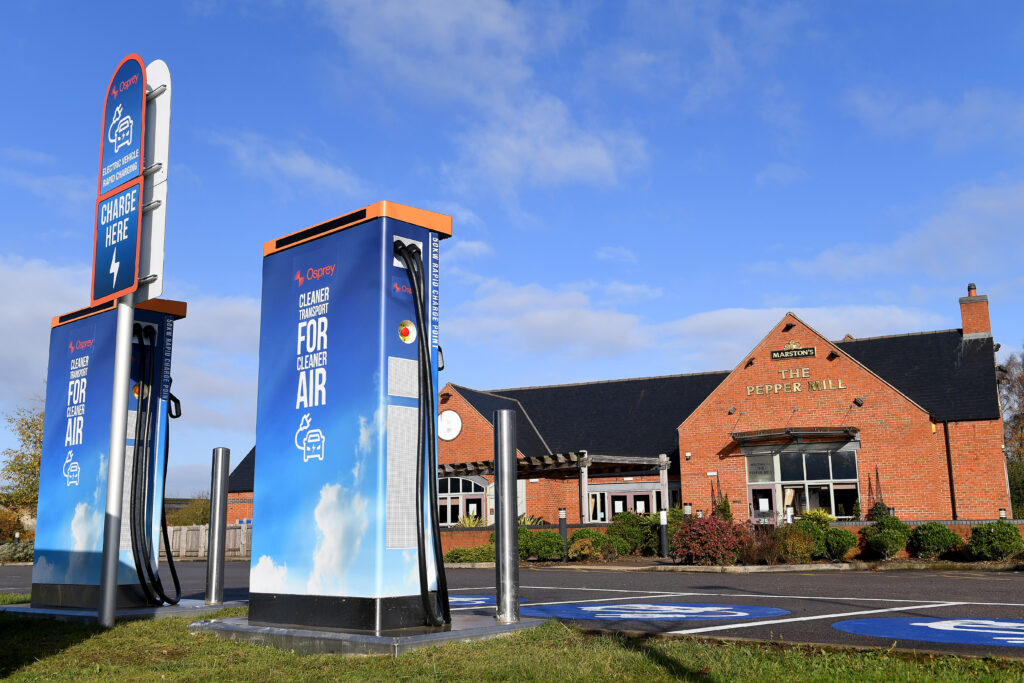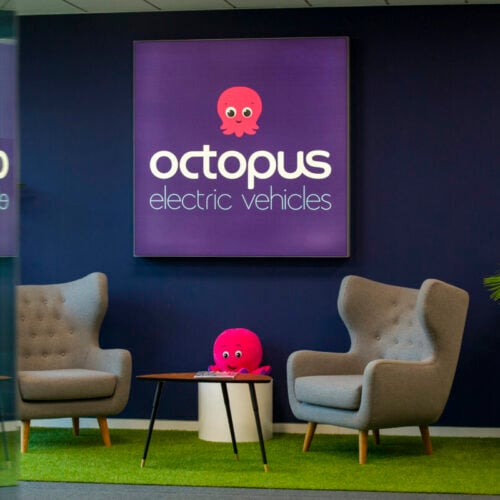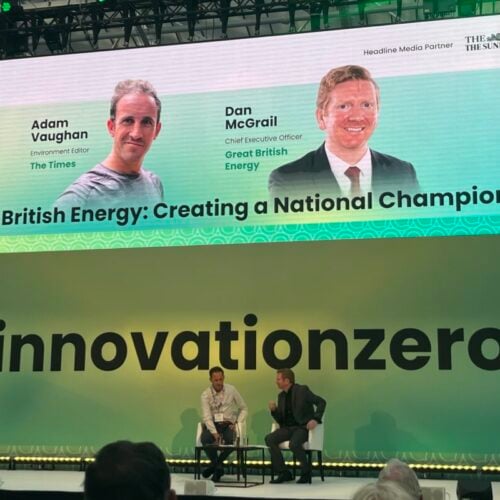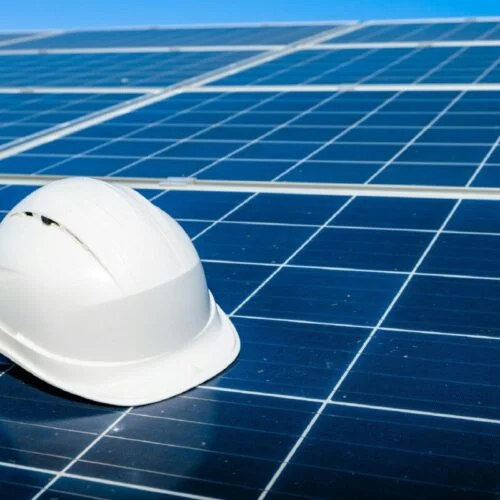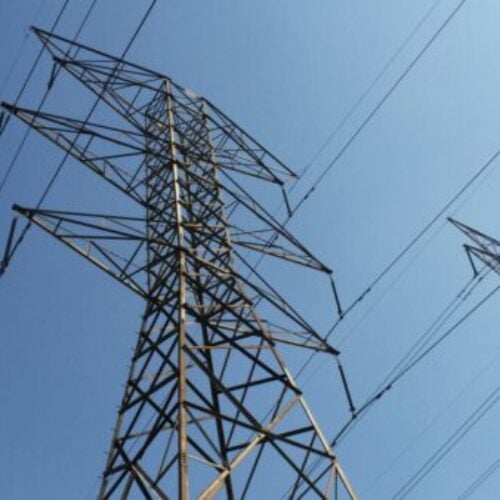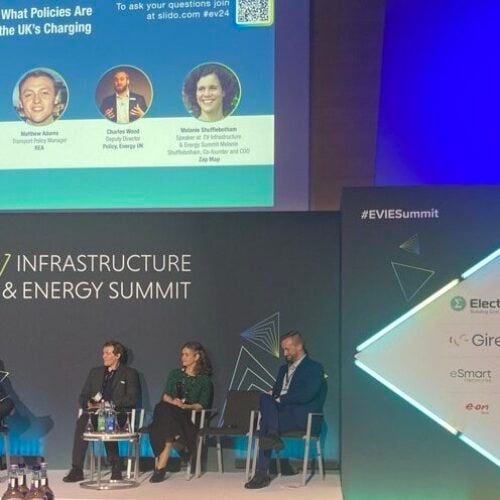Osprey has completed the 100th rapid electric vehicle (EV) charging site as part of its deal with Marstons as the duo unveil new consumer research.
The EV charging company has claimed this rollout – first announced in 2018 – is the UK’s largest network of rapid EV chargers at hospitality sites and one of the largest networks of any private business in Europe.
As part of the partnership 400 rapid chargers are to be installed across 200 sites, with the two companies also today (9 December) unveiling new research that found that 59% of 2,001 UK adults surveyed would prefer to use rapid public charging infrastructure compared to other charging speeds.
Almost half of those surveyed (42%) expect to drive an EV in the next five years, a figure which jumps to 73% of 18-34 year olds.
However, the number of public chargepoints and their availability, as well as the length of time it takes to charge a vehicle came out as the biggest concerns with public charging infrastructure, at 48% and 43% respectively.
Over a third of those surveyed (36%) would also be encouraged to use public EV charging if there were good quality food and drink facilities at EV charging sites. This is something partnerships with companies such as Marstons can provide, as well as charging sites such as GRIDSERVE’s first Electric Forecourt, which opened earlier this week and features shops and food and drink facilities such as WHSmith Travel, Costa Coffee and Post Office alongside the ability for 36 EVs to charge simultaneously using 350kW chargers.
It comes in a week where the first green number plates have been introduced on UK roads, denoting a zero emissions vehicle. The plates are identifiable by a green flash on the left-hand side, which the government hopes will raise awareness of cleaner vehicles as well as allowing drivers with a green number plate to benefit from cheaper parking and cost-free entry into zero-emission zones.
Ian Johnston, CEO of Osprey, also pointed to the recent news of the ban of sales of new internal combustion engine cars being brought forward to 2030, stating its “crucial to support EV drivers with the infrastructure they want- rapid, convenient and accessible to all”.
Its rollout with Marstons is expected to compete in 2022. Earlier this year, it also announced plans to install chargers at ten retail sites owned by real estate group Brookhouse, having celebrated the partnership as the “largest of its kind” with chargers going into sites with brands such as Sainsbury’s, Tesco, Argos, Next, Aldi and M&S.
